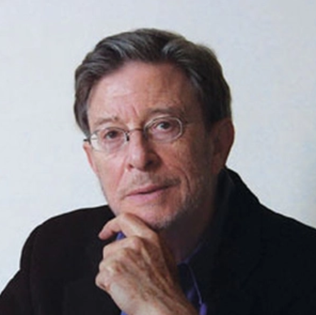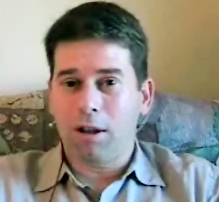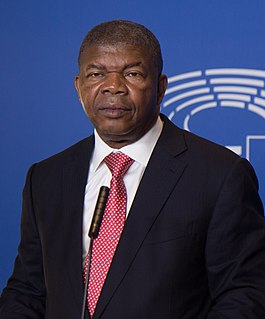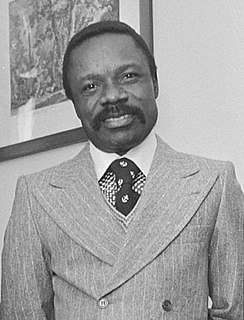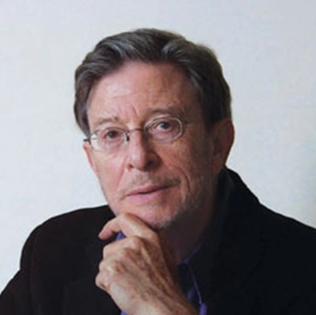A Quote by Stephen Cohen
The opportunities that Gorbachev created for international relations have also been missed, perhaps even lost - here, however, primarily because of the United States.
Related Quotes
Some international relations scholars would posit that interest in zombies is an indirect attempt to get a cognitive grip on what U.S. Secretary of Defense Donald Rumsfeld famously referred to as the "unknown knowns" in international security. Perhaps, however, there also exists a genuine but publicly unacknowledged fear of the dead rising from the grave and feasting upon the entrails of the living.
In many respects, the United States is the freest country in the world. I don't just mean in terms of limits on state coercion, though that's true too, but also in terms of individual relations. The United States comes closer to classlessness in terms of interpersonal relations than virtually any society.
Unfortunately, the relations between the United Kingdom and Russia have not developed in the best possible way; however, it has never been our fault. It was not we who decided to discontinue relations with the United Kingdom; it was the UK who preferred to "freeze" our bilateral contacts in various fields.
In addition, the United States Delegation will suggest a series of steps to improve the United Nations machinery for the peaceful settlement of disputes... - for extending the rule of international law. For peace is not solely a matter of military or technical problems - it is primarily a problem of politics and people.
Mikhail Gorbachev's historic leadership, which transformed Russia and international relations, cannot be fully understood without the diary-memoir of Anatoly Chernyaev, one of his most important advisers and closest confidants. Splendidly translated, edited, and introduced by Robert English and Elizabeth Tucker, his Six Years with Gorbachev is now available to everyone who wants to comprehend those final momentous events of the twentieth century.
I find Chinese debates about their political system domestically, but also about China's claims in the international system, to be among the most original and surprising and exciting of our time. The starting point is a system that none of us had anticipated, which I call Leninist capitalism, but also obviously because it is the most important emerging power. The question of China's relations with the United States in particular, and the rest of the world in general, is the question of war and peace in the 21st century.
Britain is leaving and has de facto left the European Union; however, it has not withdrawn from its special relationship with the United States and I believe that the UK's relations with Russia depend on Britain's special relationship with the United States rather than on its presence in or absence from the European Union.
